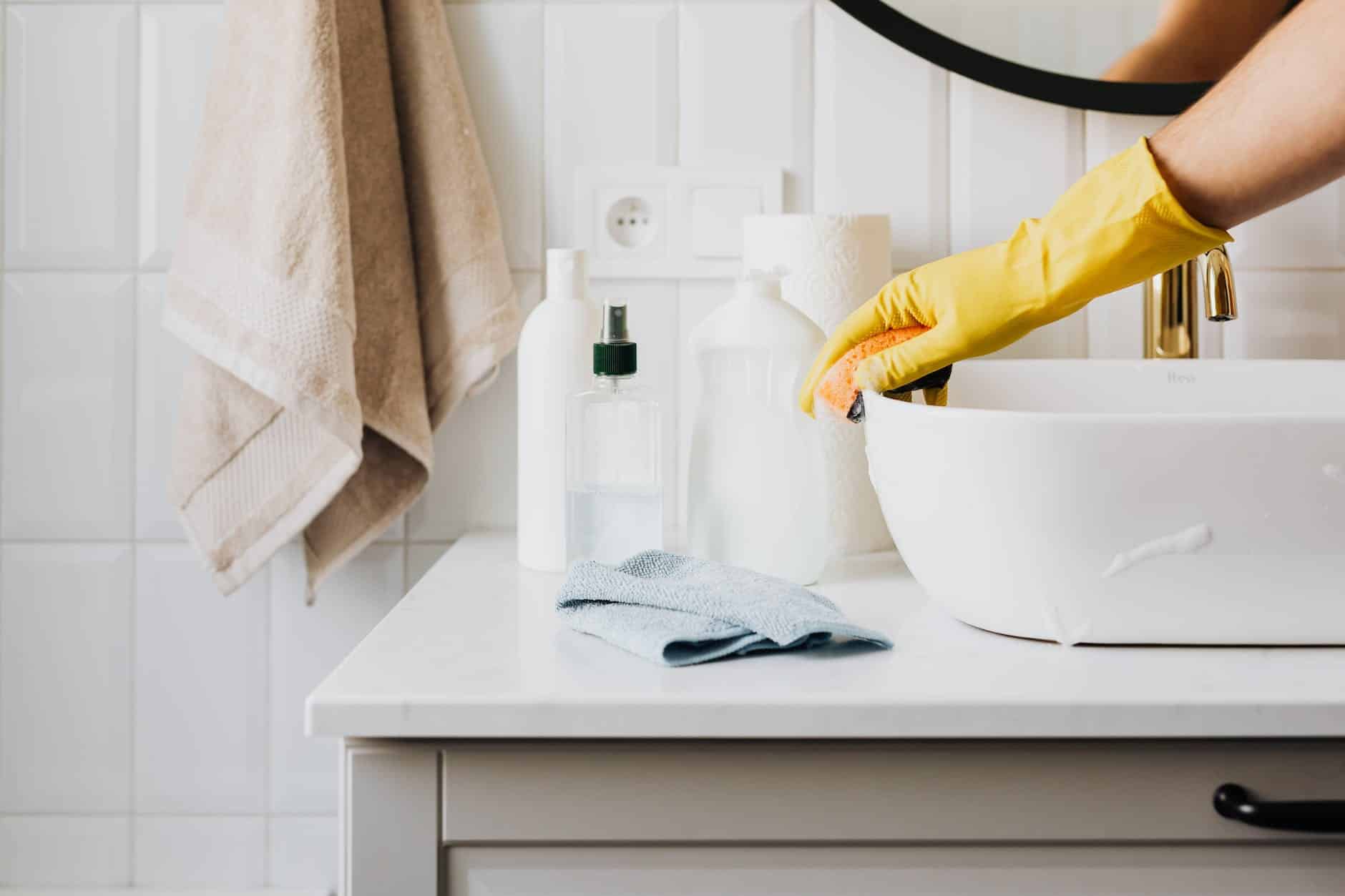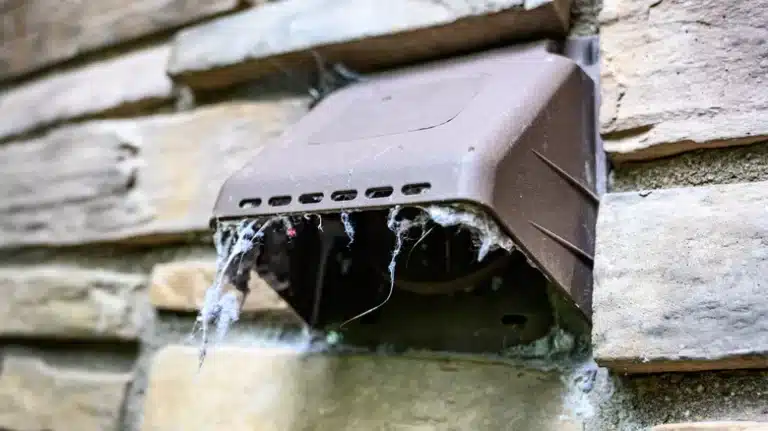Starting a remote cleaning business is viable and potentially profitable in today’s digital age. The cleaning industry has always been in demand, and with the right strategy, you can create a successful online cleaning business accessible from anywhere in the world. In this guide, we’ll walk you through the steps to start a remote cleaning business, build and manage a remote team, and utilize software for efficient operations.
What is a cleaning business?
A cleaning business is a service-oriented enterprise that provides various cleaning services to residential and commercial clients. These services encompass a wide range of tasks, from routine household cleaning to more specialized and intensive cleaning solutions such as carpet cleaning, window cleaning, industrial cleaning, and even post-construction cleanup. The core objective of a cleaning business is to help clients maintain clean and hygienic environments, whether it’s their homes, offices, or other properties.
Here’s a more detailed breakdown of the key components and aspects of a cleaning business:
1. Residential Cleaning Services:
- House Cleaning: This is perhaps the most common service residential cleaning businesses offer. It includes dusting, vacuuming, mopping, and sanitizing various home areas.
- Deep Cleaning: Deep cleaning involves more thorough and detailed cleaning tasks, including cleaning appliances baseboards, and tackling neglected areas.
- Move-In/Move-Out Cleaning: This service is often requested by tenants and homeowners during transitions. It ensures that properties are spotless before new occupants move in or after previous occupants move out.
2. Commercial Cleaning Services:
- Office Cleaning: Commercial cleaning businesses cater to office spaces, ensuring a clean and tidy workspace for employees and clients. Services typically include dusting, disinfecting, and restroom maintenance.
- Retail and Commercial Property Cleaning: This encompasses cleaning services for retail stores, warehouses, shopping centers, and other commercial properties.
3. Specialized Cleaning Services:
- Carpet Cleaning: This involves the removal of dirt, stains, and allergens from carpets and rugs.
- Window Cleaning: Window cleaning businesses focus on cleaning and maintaining interior and exterior windows.
- Industrial Cleaning: Industrial cleaning services cater to factories, manufacturing facilities, and other industrial settings, requiring specialized equipment and cleaning processes.
- Post-Construction Cleaning: After construction or renovation projects, cleaning businesses are often called to remove construction debris, dust, and residue.
4. Remote Cleaning Businesses:
- With advancements in technology and the growth of online platforms, remote cleaning businesses have emerged. These businesses operate primarily online, providing cleaning services in various geographic locations without the need for a physical presence in those areas.
- Remote cleaning businesses often rely on a network of local cleaners or contractors to fulfill cleaning requests in different locations.
5. Evolution of the Cleaning Industry:
- Traditionally, cleaning businesses operated within a specific geographic region due to the need for physical proximity to clients. However, technological advancements, online booking platforms, and efficient scheduling systems have expanded cleaning services to a broader geographical area.
- Customer convenience is a driving force behind the growth of remote cleaning businesses, as clients can easily book services online and have them delivered to their preferred location.
In summary, a cleaning business encompasses services designed to help individuals and organizations maintain clean and sanitary environments. With the rise of remote cleaning businesses, entrepreneurs have even more excellent opportunities to offer these services to a broader clientele while managing operations from virtually anywhere in the world.
What is a remote cleaning business, and how do you start a remote cleaning business?
A remote cleaning business is a modern twist on the traditional cleaning service model. Unlike conventional cleaning companies operating within a specific geographic area, remote cleaning businesses leverage technology and online platforms to offer their cleaning services to clients across multiple locations, often without needing a physical presence in those areas. This model allows entrepreneurs to remotely manage and coordinate cleaning operations, providing services to a broader clientele.
Now, let’s delve into the detailed steps required to start a successful remote cleaning business:
1. Market Research:
- Identify Your Target Audience: Determine who your potential clients are. Are you targeting residential customers, businesses, or both? Consider factors such as demographics, income levels, and cleaning preferences.
- Analyze Cleaning Needs: Research your target audience’s specific cleaning needs and preferences. For example, residential clients may require regular house cleaning, while businesses might need commercial cleaning services.
2. Legal Requirements:
- Business Registration: Register your cleaning business with the appropriate government authorities. This step usually involves choosing a business name, registering it, and obtaining the necessary licenses and permits.
- Legal Structure: Decide on the legal structure of your business, such as sole proprietorship, LLC, or corporation. Consult with a legal professional to ensure compliance with local regulations.
3. Business Plan:
- Set Clear Goals: Define your business objectives and long-term goals. Determine how to grow your remote cleaning business and expand into new markets.
- Services Offered: Outline the cleaning services you intend to provide. Be specific about the types of cleaning (e.g., residential, commercial, deep cleaning, specialty services) and any additional services like organizing or decluttering.
- Pricing Strategy: Develop a pricing strategy considering market rates, costs, and desired profit margins.
- Marketing Strategy: Create a comprehensive marketing plan that includes online promotion, customer acquisition, and retention strategies.
4. Online Presence:
- Professional Website: Build a professional website that showcases your cleaning services, pricing, service areas, and contact information. Ensure that your site is user-friendly and mobile-responsive.
- Social Media:* Utilize social media platforms like Facebook, Instagram, and LinkedIn to create an online presence. Share high-quality images of your work, customer testimonials, and promotions to engage with potential clients.
5. Payment System:
- Online Payment Processing: Set up secure online payment systems to facilitate client transactions. Popular options include PayPal, Stripe, or integrating payment gateways into your website.
6. Insurance:
- Liability Insurance: Consider obtaining liability insurance to protect your business and clients from any potential accidents or damages during cleaning services. Consult an insurance professional to determine the appropriate coverage for your business.
7. Marketing:
- Digital Marketing: Implement a digital marketing strategy that includes search engine optimization (SEO) to improve your website’s visibility in search results, pay-per-click advertising for targeted online ads, and content marketing to provide valuable information to potential clients.
8. Remote Operations:
- Hiring and Managing a Remote Team: Recruit cleaners or contractors in various locations to perform the cleaning services. Use online communication tools, project management software, and scheduling apps to coordinate their work efficiently.
By following these detailed steps, you can successfully launch and manage a remote cleaning business that caters to clients across multiple locations while leveraging the convenience and reach of online platforms.
How to build a remote team?
Building a remote cleaning team requires careful selection and management:
- Recruitment: Use online job platforms to find experienced cleaners. Screen candidates through interviews and background checks.
- Training: Provide comprehensive training materials and sessions to ensure consistency in service quality.
- Communication: Establish clear communication channels to keep in touch with your remote team, including email, instant messaging, and video conferencing.
- Performance Metrics: Set Key indicators (KPIs) to measure your team’s performance and ensure accountability.
How do you utilize software when managing a remote team?
Efficient software solutions can streamline remote team management:
- Scheduling Software: Use scheduling software to assign cleaning jobs, track availability, and manage work orders efficiently.
- Accounting Software: Manage finances, payroll, and invoices with accounting software to maintain financial transparency.
- Project Management Tools: Tools like Trello or Asana can help organize tasks, monitor progress, and collaborate with your remote team.
- Communication Tools: Platforms like Slack or Microsoft Teams facilitate real-time communication and collaboration among remote team members.
How to manage a fully remote cleaning business from anywhere in the world?
Running a fully remote cleaning business offers flexibility and scalability, allowing you to oversee operations worldwide. To ensure success in managing such a business, consider the following detailed tips:
1. Delegate Responsibly:
- Trust Your Team: When you hire remote cleaners or contractors, trust their expertise and abilities. Clearly define roles, responsibilities, and expectations to foster a sense of ownership and responsibility among your team members.
- Effective Task Delegation: Utilize task management and project tracking tools to delegate tasks efficiently. Tools like Trello, Asana, or Slack can help you assign cleaning jobs, track progress, and maintain open communication with your team.
- Performance Metrics: Establish key performance indicators (KPIs) to measure your team’s performance. Regularly review these metrics to ensure work is completed to your standards.
- Feedback and Communication: Maintain open channels of communication with your remote team. Please encourage them to provide feedback and suggestions for improvement. Regular check-ins via video conferencing or chat platforms can help foster a sense of connection.
2. Stay Informed:
- Industry Trends: Keep yourself updated on industry trends and innovations in cleaning techniques, equipment, and products. Staying current allows you to offer the best services to your clients and stay ahead of the competition.
- Client Feedback: Pay close attention to client feedback and reviews. Address any issues promptly and use constructive criticism to improve your services. Positive client testimonials can also be valuable for marketing purposes.
- Competitor Analysis: Monitor the strategies and practices of competitors in your market. Understand what sets your remote cleaning business apart and be prepared to adapt or innovate based on the competitive landscape.
3. Adapt and Evolve:
- Flexible Service Offerings: Be open to adapting your services to meet evolving customer demands. For example, during the COVID-19 pandemic, many cleaning businesses introduced enhanced disinfection services to address increased health and safety concerns.
- Pricing Strategies: Regularly review and adjust your pricing strategies to remain competitive while ensuring profitability. Consider bundling services or offering seasonal promotions to attract new clients.
- Scaling: As your business grows, consider expanding into new geographic areas or offering additional cleaning services. Evaluate the feasibility of these expansions and plan strategically.
4. Customer Support:
- Responsive Communication: Provide excellent customer support by promptly responding to inquiries and concerns. Use email, phone, or chat support to maintain open lines of communication with clients.
- Quality Assurance: Implement a quality assurance process to ensure your cleaning services consistently meet or exceed client expectations. Conduct regular checks and inspections and address any issues immediately.
- Feedback Loop: Encourage clients to provide feedback after each cleaning service. Use their input to identify areas for improvement and demonstrate your commitment to delivering high-quality service.
- Retention Strategies: Develop client retention strategies, such as loyalty programs or referral incentives, to encourage repeat business and referrals.
Managing a fully remote cleaning business requires effective delegation, continuous learning, adaptability, and a strong focus on customer satisfaction. By following these detailed tips, you can successfully oversee your business operations worldwide while delivering exceptional cleaning services and building a loyal client base.



Leave a Comment